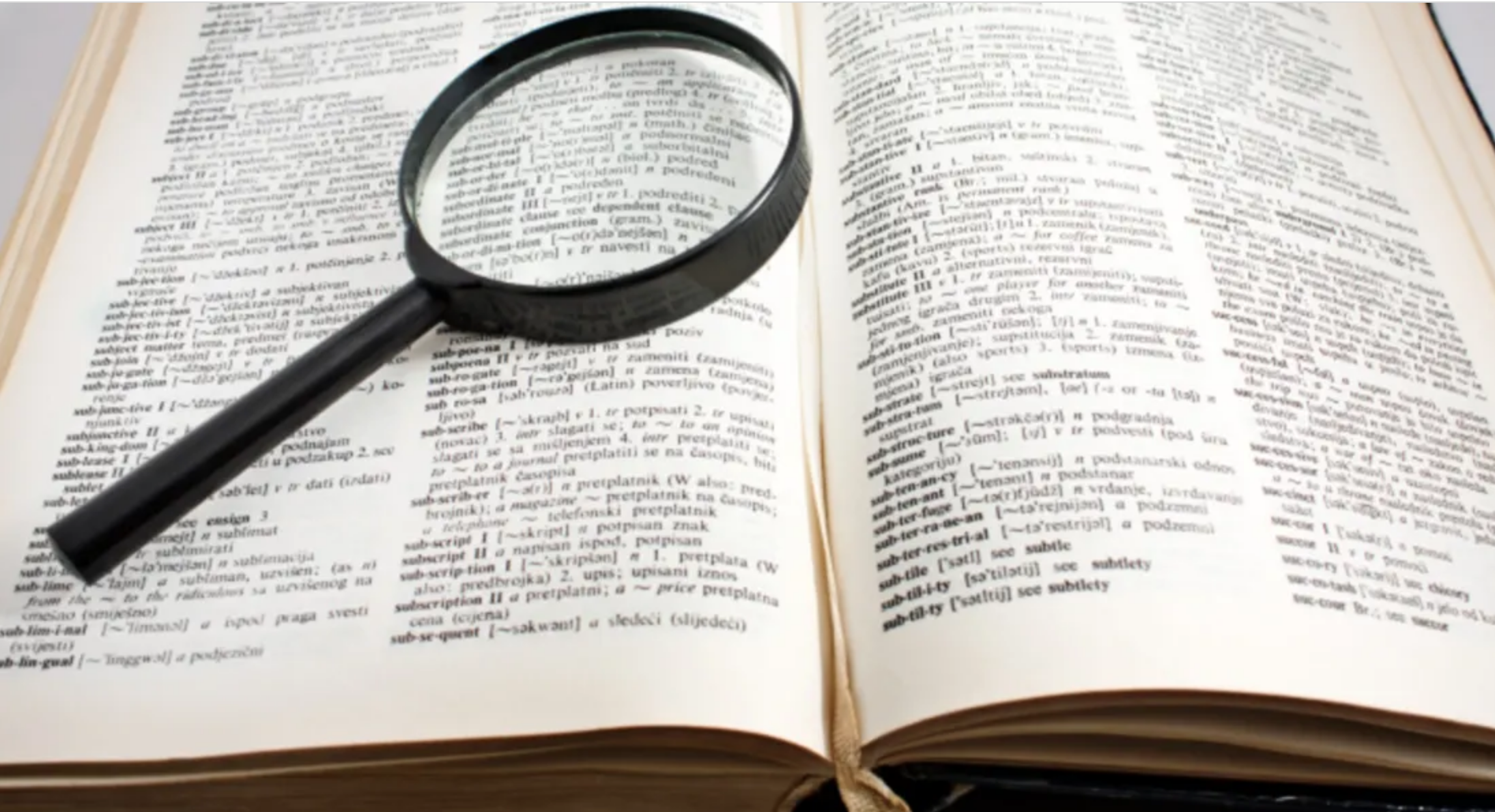The word for today is…
laissez-faire (noun) – 1. An economic doctrine that opposes governmental regulation of or interference in commerce beyond the minimum necessary for a free-enterprise system to operate according to its own economic laws.
2. Noninterference in the affairs of others.
Source : The Free Dictionary
Etymology : The French phrase laissez faire literally means “allow to do,” with the idea being “let people do as they choose.” The origins of laissez-faire are associated with the Physiocrats, a group of 18th-century French economists who believed that government policy should not interfere with the operation of natural economic laws. The actual coiner of the phrase may have been French economist Vincent de Gournay, or it may have been François Quesnay, who is considered the group’s founder and leader. The original phrase was laissez faire, laissez passer, with the second part meaning “let (things) pass.” Laissez-faire , which first showed up in an English context in the first half of the 19th century, can still mean “a doctrine opposing governmental interference in economic affairs,” but it is also used in broader contexts in which a “hands-off” or “anything-goes” policy or attitude is adopted. It is frequently used attributively before another noun.
If you enjoyed this BFD word of the day please consider sharing it with your friends.

